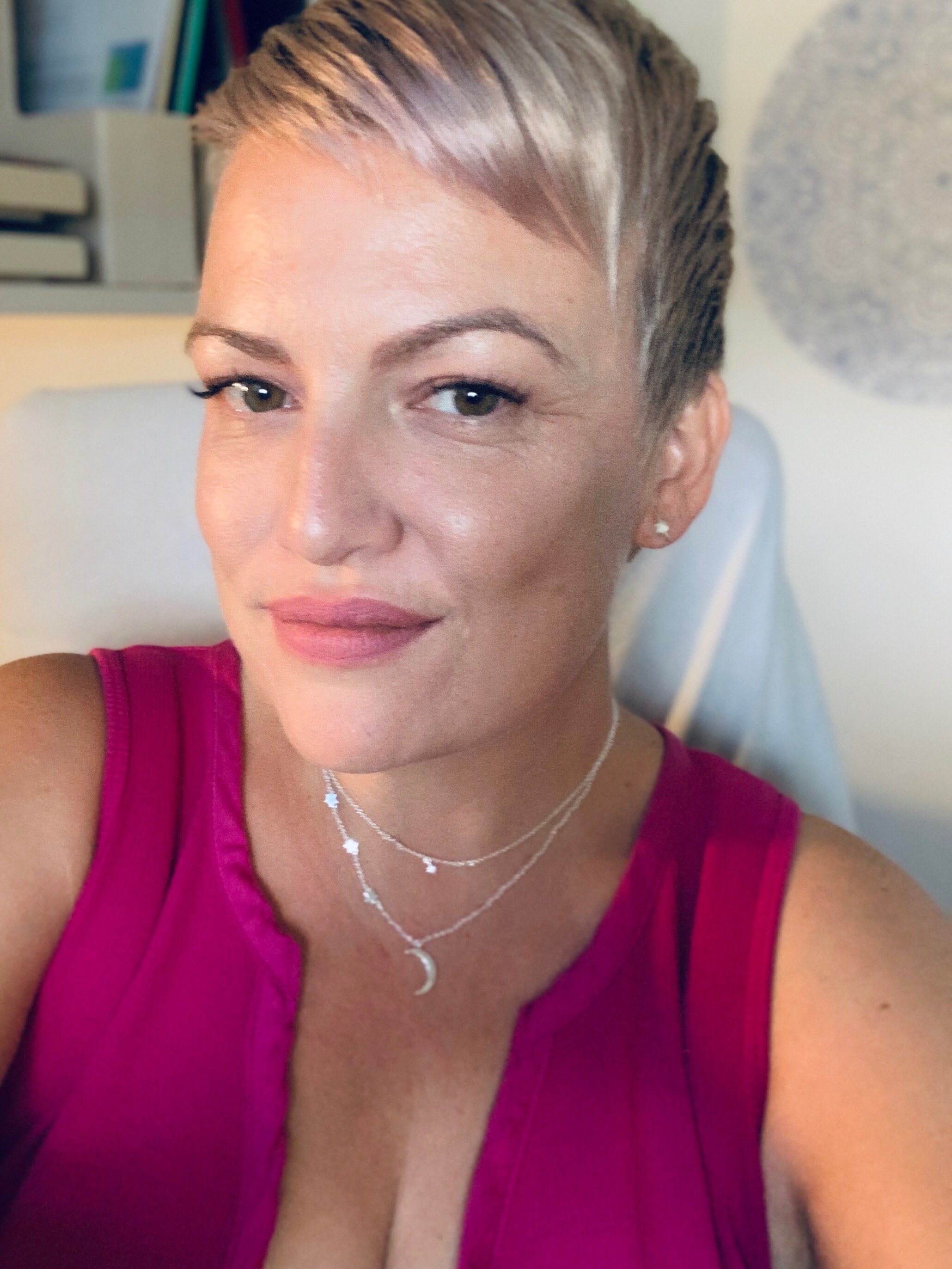Coaching or Counselling
Are you wondering what the differences are between coaching and counselling?
Most people are unsure of the differences between coaching and counselling, so here is an essential guide to help clarify that these two different health professionals are doing similar jobs.
What is The Definition of Life Coaching?
Life coaching involves various holistic therapies derived from both Eastern and Western traditions, with health coaching being one of its components. Considered an alternative care profession, life coaches may have diverse qualifications from different training organisations. It is crucial to verify their credentials and confirm that they have indemnity insurance before commencing sessions. Life coaching aids clients in visualising their future selves and establishing daily practices to meet their goals. Coaches often conduct sessions at the client's home or workplace, gaining valuable insights to help navigate life goals in their everyday settings. Typically, life coaches meet with clients weekly, and additional check-ins occur through messaging platforms to ensure ongoing support and accountability. They possess the ability to identify behaviours that hinder clients' life goals, addressing both physical and mental needs with a holistic approach. Collaboration with other mental health professionals may happen to develop a comprehensive management plan that combines the expertise of all involved. Coaches assist clients in changing outdated habits and challenging behaviours by teaching essential mental health skills and offering emotional support. They help clients identify, refine, and articulate their goals while creating a strategic plan that utilises the client's strengths and capabilities. Moreover, they hold clients accountable for their progress by providing structure, motivation, guidance, inspiration, and support.
Coaches help with:
Identifying, clarifying, and defining goals.
Creating a strategic plan to use the client's skills and strengths to reach those goals.
Holding the client accountable for the progress and achievement of those goals.
Provide structure, inspiration, guidance, motivation, and support.
What is the Definition of Counselling?
Counsellors may seem to perform similar roles as coaches, but they possess a broader range of clinical knowledge. They can work with various clients, be affiliated with an organisation or a larger mental health facility, or operate in private practice. In Australia, a registered counsellor must have a diploma or bachelor’s degree in counselling, and session fees are typically claimable through most health insurance funds. Counselling is recognised as a medical profession, and registered counsellors are required to follow strict guidelines established by a governing body, such as the ACA, and maintain indemnity insurance. Counsellors can assist individuals with normal cognitive functioning who have faced difficult life events. They are also qualified to support those with severe mental health issues that necessitate specialised acute mental health care. Counsellors frequently collaborate with larger medical response teams, which consist of physicians, nurses, psychologists, and social workers.
Breaking down the differences between Coaching & Counselling
Counsellors frequently work with clients who a health care professional has advised need therapy or counselling.
Coaches work with clients who often use a coach of their own volition.
Counselling is seldom a quick fix – it may take years to work with some severe mental disorders & traumas.
Coaching is sometimes a quick fix, though it usually takes a few months to help people overcome fears, phobias, and self-created obstacles.
And how both can work side by side…
While there are clear distinctions between coaching and counselling, it is essential to highlight their notable similarities. Both methods are practical and effectively provide support to clients. Significantly, they can operate alongside each other in a complementary way to assist individuals in overcoming various mental health challenges and working towards their life aspirations.


